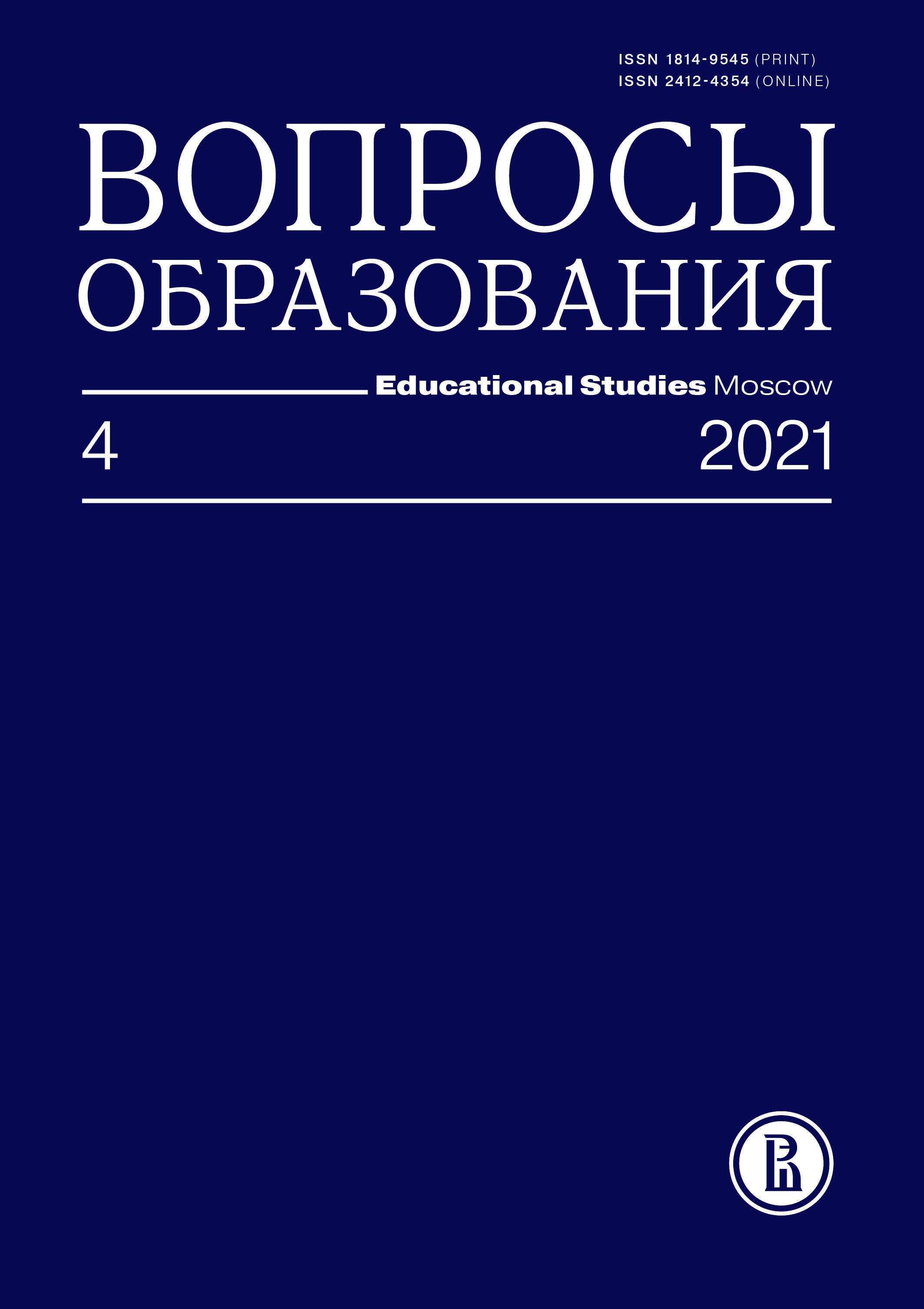Факторы финансовой грамотности российских школьников на примере результатов исследования PISA‑2018
Аннотация
В 2020 г. опубликованы результаты очередного этапа международного исследования финансовой грамотности в рамках программы PISA. Анализ сильных сторон и дефицитов российских учащихся дал возможность изучить взаимосвязь результатов по финансовой грамотности с комплексом различных факторов. По итогам регрессионного анализа установлено, что значимыми предикторами результатов тестирования финансовой грамотности являются как характеристики учащихся, так и свойства образовательной организации. В частности, выяснилось: при контроле социально-экономического статуса, некогнитивных факторов и характеристик атмосферы в образовательной организации баллы по финансовой грамотности у 15-летних девушек ниже, чем у юношей (b = –7,04, p < 0,05). Социально-экономический статус учащегося положительно связан с результатами по финансовой грамотности (b = 15,24, p < 0,01). С ними также тесно связан средний показатель социально-экономического статуса образовательной организации (b = 35,78, p < 0,01). Среди некогнитивных факторов значимую роль играют интерес к денежным вопросам (категориальная переменная) и уверенность при осуществлении финансовых операций (b = 7,95, p < 0,01). Негативное влияние на результаты тестирования оказывает поведение учителей, затрудняющее обучение (b = –4,72, p < 0,05). На основании результатов исследования предлагаются практические рекомендации по развитию финансовой грамотности учащихся, адресованные как педагогам, так и родителям.








